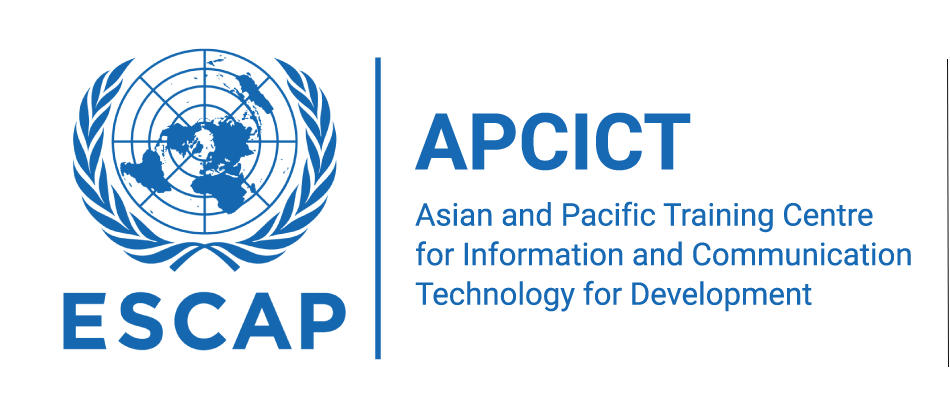Afghanistan Government uses UN training to develop local ICT capacity. As part of the United Nations continuing effort to close the digital divide, a national training the trainers programme was held in Kabul, Afghanistan on 31 May - 4 June 2009 as a first step towards training decision makers in information communications technology (ICT). The training is the first in a series of ICT workshops based on the Academy of ICT Essentials for Government Leaders Programme – an eight module training course designed by APCICT to give decision makers the necessary information to use ICT for development.
29 May 2009
Press Release No: G/39/2009
Bangkok (UN/ESCAP Information Services) - As part of the United Nations continuing effort to close the digital divide, a national “training the trainers” programme will be held in Kabul, Afghanistan from 31 May to 4 June as a first step towards training decision makers in information communications technology (ICT).
The training is the first in a series of ICT workshops based on the "Academy of ICT Essentials for Government Leaders Programme" – an eight module training course designed by United Nations Asian and Pacific Training Centre for Information and Communication Technology for Development (APCICT) to give decision makers the necessary information to use ICT for development.
In Afghanistan, the Ministry of Communication and Information Technology (MCIT) - the core body mandated to promote and implement ICT projects in the country - is taking the lead in rolling out the Academy with technical support from APCICT. As a commitment to ICT capacity building, MCIT has set up 34 ICT training centres throughout the country to provide ICT training to local governments and the public.
“In today’s information society, policymakers need to act swiftly and decisively to ensure that they provide the right environment for ICT innovations and creative use of the technologies in creating sustainable social and economic development,” remarked Hyeun Suk Rhee, Director of APCICT.
The Academy workshops in Afghanistan are therefore targeted at high and mid-level policymakers with the aim to equip them with the essential knowledge and skills to fully leverage opportunities presented by ICTs to achieve national development goals and bridge the digital divide.
This first national workshop will cover two of the eight Academy modules focusing on the linkages between ICT and the Millennium Development Goals, and on ICT for development policy, process and governance. Both these modules will be delivered by the original authors with the intention to re-train the local trainers who will lead subsequent provincial-level workshops.
“This Academy will help the mission led by MCIT to develop the ICT sector in Afghanistan and to mentor our policy makers and government decision makers in understanding the benefits of new ICT for social and economic development,” remarked Amirzai Sangin, Minister of Communications and IT in Afghanistan. Local trainers at MCIT have customized the modules and added local case studies to meet training needs and increase the relevancy of the course in Afghanistan. The modules are also being translated into Dari and Pashto, the official languages of Afghanistan.
Similar partnerships with institutions to develop national Academies have taken place or are underway in many other countries including Armenia, Bangladesh, Bhutan, Cambodia, India, Indonesia, Kyrgyzstan, Lao PDR, Mongolia, Myanmar, Pakistan, the Philippines, Sri Lanka, Timor Leste, Uzbekistan and Pacific Island countries.
For more information on the Academy of ICT Essentials for Government Leaders Programme, visit http://www.unapcict.org/academy


